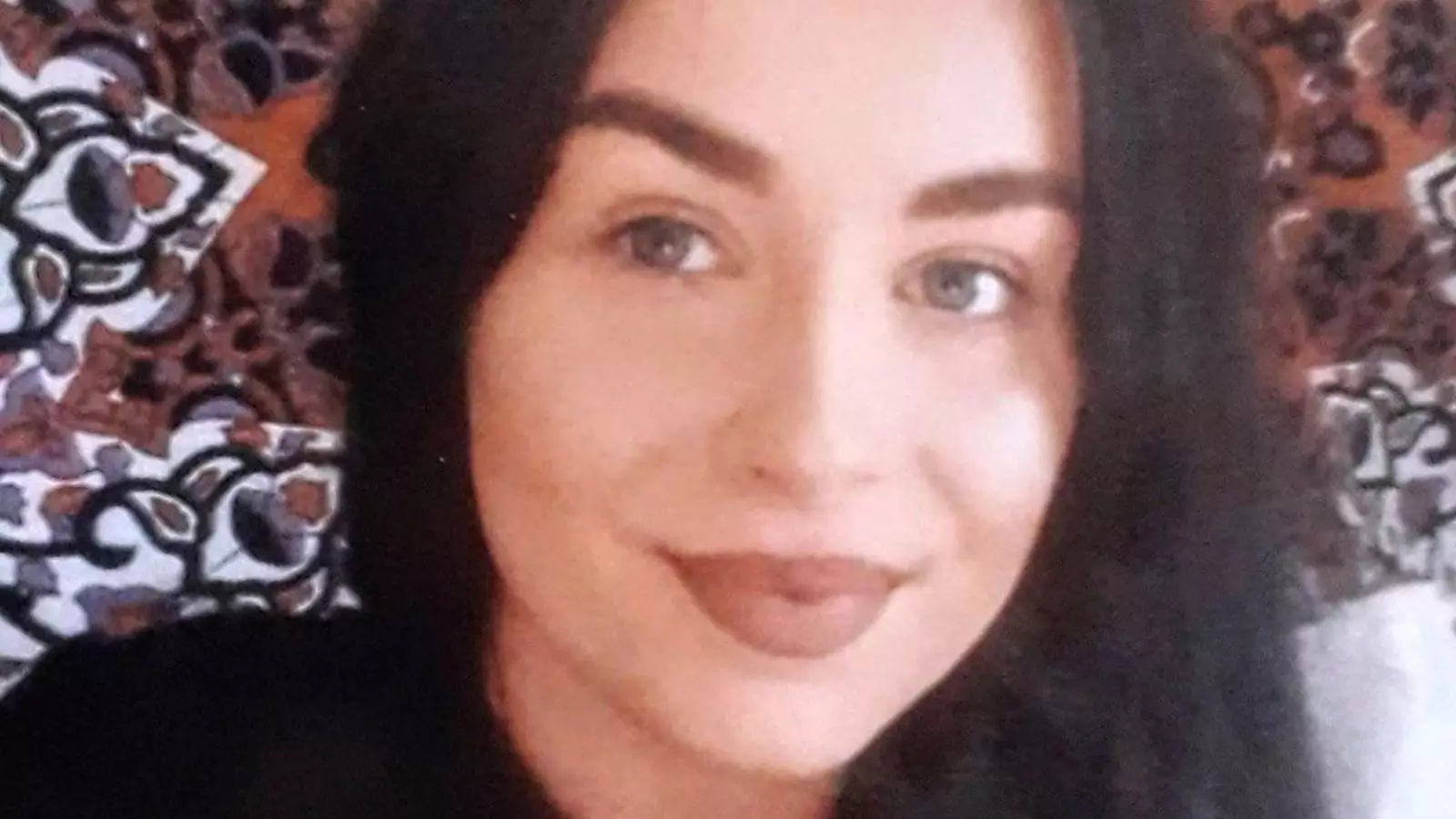The harrowing story of Sharon Huddleston, a mother left shattered by the untimely death of her daughter Caitlin in a car accident, forces us to confront the grim reality of young driving fatalities. Caitlin was just 18 when her life was abruptly cut short, a victim of an accident that could have been prevented with stricter regulations for novice drivers. Sharon’s heart-wrenching plea for the introduction of graduated driving licenses (GDLs) underscores a painful truth: our society is failing to protect its most vulnerable members. It’s not just an argument for policy change; it’s a wake-up call that we cannot afford to ignore.
A Reckoning with Statistics
In 2023, young drivers made up nearly 20% of the casualties in car accidents throughout Great Britain. This alarming statistic serves as a stark reminder of the consequences of inaction. In stark contrast, a model implemented in Canada demonstrates the potential effectiveness of graduated driving licenses. With a staggering 83% reduction in fatalities among 16 to 19-year-olds following the introduction of GDLs, the evidence is compelling. Yet, the UK government remains stagnant, arguing that such measures would “unfairly” penalize young drivers. Here lies the irony: in their reluctance to impose regulations, policymakers are essentially penalizing young lives—those lost to accidents that could have been avoided.
The Argument Against Indifference
Sharon Huddleston’s statements resonate deeply, encapsulating the collective anguish of bereaved parents. “Our children have been penalized from living their lives,” she exclaimed on air, a powerful sentiment that crystallizes the essence of her fight for reform. It is not merely about mourning lost lives; it is about preventing future tragedies. The government’s unfounded reluctance to explore GDLs reveals an indifference to the safety of young individuals. When prioritizing a so-called fair chance for new drivers leads to more tragic losses, it begs the question: at what point does this indecision become unacceptable?
The Reality of GDL Implementation
Examples of successful GDL systems around the world illuminate a path forward. Countries like Canada have proven that imposing restrictions such as nighttime driving bans and limits on passenger numbers can effectively reduce risk among inexperienced drivers. These young individuals are not merely statistics; they are future leaders, artists, and parents—the very fabric of our society. Implementing such regulations in the UK is not merely an act of policy-making but a moral obligation to safeguard our children. To frame the debate around perceived inconvenience is to place bureaucracy above human life—a troubling stance.
Voices of Grief and Change
Accompanying Sharon on her quest for reform was Dr. Ian Greenwood, who also lost his daughter, Alice, in a crash involving a young driver. His testimony details a tragic “bingo” of risk factors that culminated in disaster. Every accident is not a mere statistic; it is a family devastated, a community shaken, and a future snuffed out. The emotional weight of their stories silences any argument that prioritizes the convenience of young drivers over their safety—a narrative that is easily dismissed but never truly forgotten.
The Government’s Reluctance to Act
Despite the heartbreaking accounts and overwhelming evidence, the UK government remains obstinate in its refusal to consider graduated licensing laws. This inaction positions them as complicit in an ongoing cycle of loss. A spokesperson for the Department for Transport acknowledged the ongoing tragedy of road fatalities but failed to provide a compelling rationale against policy change. When policies driven by evidence and compassion continue to be ignored, it becomes imperative for citizens to rally, to make their voices heard.
In the end, the situation demands urgency. This isn’t just about changing laws; it is about changing mindsets—awareness that every statistic corresponds to a life deeply cherished and now irrevocably altered. If we choose to do nothing, we tacitly accept the continued tragedy that befalls our young people. The time for action is now; our children’s futures depend on it.



Leave a Reply